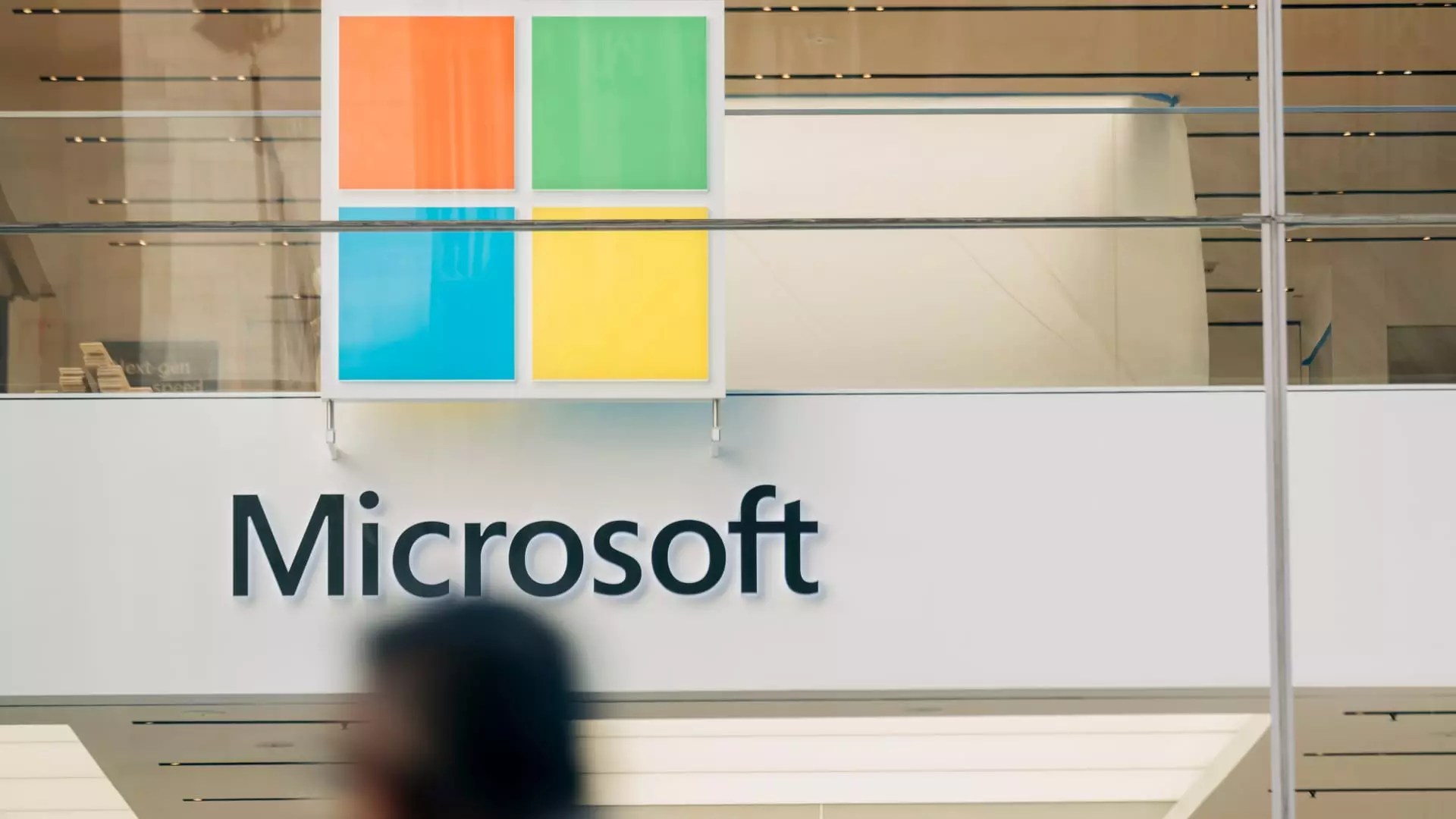As the digital landscape evolves, our reliance on tech conglomerates like Microsoft becomes increasingly apparent. When a massive outage disrupts essential services, such as Outlook, it underscores the fragility of our dependency on these centralized platforms. On a recent Saturday evening, an alarming number of users—over 37,000—found themselves locked out of their own email accounts, a scenario that reveals just how vulnerable we are to the whims of corporate giants. This outage, while temporary, serves as a critical wake-up call regarding the consequences of placing our trust in a single entity for communication and productivity.
The Outage Phenomenon: More Than Just Bad Luck
Reports indicated that the problems began around 3:30 p.m. ET, with a significant spike in complaints about Microsoft services such as Exchange, Teams, and Azure. However, what’s striking isn’t just that the systems failed but the way the situation unfolded. Users took to social media, expressing their frustration and disbelief. This chaotic response reflects a broader societal issue: the expectation that technology should function flawlessly, irrespective of the complexities involved in maintaining it.
It’s easy to vilify Microsoft during such outbursts, but there lies a fundamental question: how much of the blame rests on the company, and how much should reflect on our growing dependency? In an age where we expect uninterrupted service, every glitch feels like a personal affront. The reality is that outages are inevitable and serve as a reminder that despite our high-tech conveniences, we are all one technical hiccup away from being left in the dark.
Corporate Accountability and User Trust
Microsoft’s response was swift, with acknowledgments and assurances that the situation was being monitored closely. However, the real issue at hand is corporate accountability. When a major player in the tech industry falters, it raises critical questions about the efficacy of their infrastructure. Has Microsoft invested adequately in redundancies, or are they riding the wave of success with an outdated survival strategy? The problems experienced during this outage are indicative of larger systemic flaws that need addressing—especially as society continues to embrace cloud-based solutions.
Moreover, as users, we must reevaluate the extent to which we place our trust in a single platform. Shouldn’t diversity in our digital tools be as vital as diversity in our personal relationships? The fallout from this incident could be mitigated by investing time in exploring alternatives, ensuring personal and organizational resilience in the face of unexpected disruptions.
A Brighter Future or More Outages Ahead?
As Microsoft navigates this crisis, they must seize the opportunity to rebuild user trust. Transparency and proactive communication will go a long way in mending the frayed edges of customer relationships. Yet, the incident also begs reflection on a broader scale: as we increasingly intertwine our lives with digital solutions, we must advocate for stronger regulations and more robust practices that hold these corporations accountable.
Tech companies like Microsoft wield immense power, and with great power comes great responsibility. While they work towards resolving current issues, we, as users, must begin to acknowledge our roles in this dynamic—questioning the reliance we place on these digital behemoths and advocating for systems that prioritize decentralization, competition, and innovation over monopolistic control.


Leave a Reply